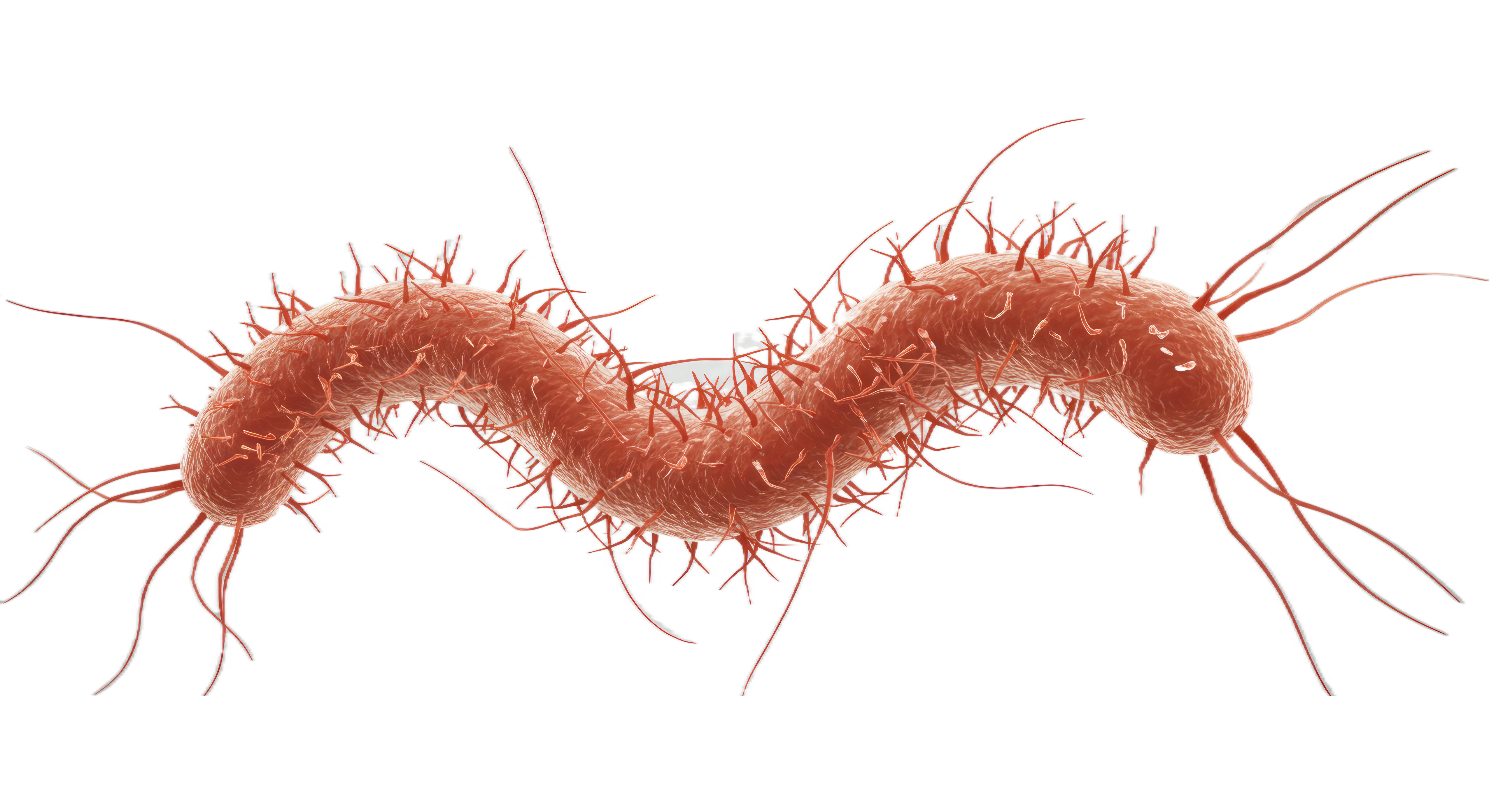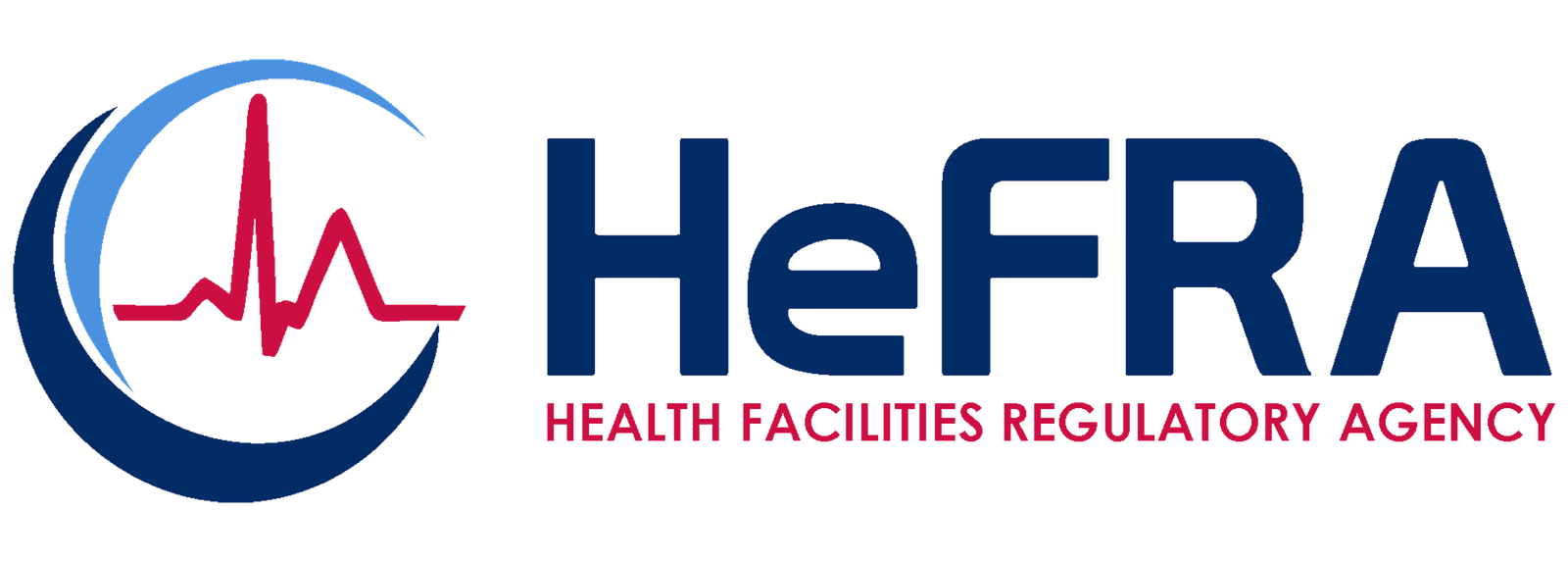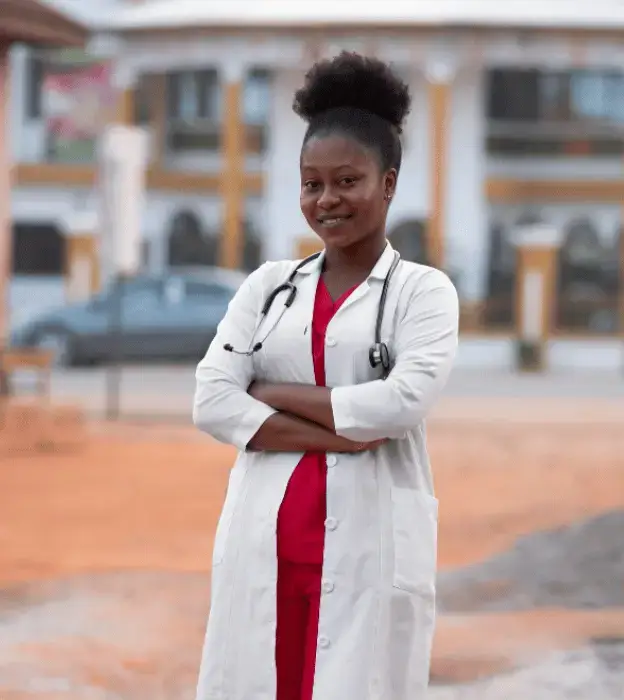
🔍🚨 Hidden Dangers: What Every Ghanaian Must Know About Syphilis & Gonorrhoea 👫
Sexually transmitted infections (STIs) like gonorrhea and syphilis affect thousands of people in Ghana each year. But many are afraid to talk about them or do not know the right steps to take. This article explains the causes, symptoms, treatment, and prevention of these two STIs using simple terms and facts relevant to Ghanaians.
Image: Unprotected sex
1. What Are Gonorrhea and Syphilis?
- Gonorrhea is caused by a bacteria called Neisseria gonorrhoeae. It mostly affects the genital area, but it can also infect the mouth, eyes, rectum, or throat [1].
- Syphilis is caused by another bacteria called Treponema pallidum. It has different stages and can become dangerous if not treated [1][2].
⚠️ In Ghana, gonorrhea and syphilis are among the top reported STIs, especially in urban areas like Accra, Kumasi, and Tamale [2][3].
2. How Are They Spread?
- Both infections are spread through unprotected sex—vaginal, oral, or anal.
- Gonorrhea can be passed from mother to baby during childbirth, leading to eye infections in newborns [1][3].
- Syphilis spreads through contact with open sores (chancres), and can also be passed from mother to baby, causing congenital syphilis [2].
Image: Mother to unborn baby; syphillis
3. Symptoms of Gonorrhea
In Men:
- Yellow or greenish discharge from the penis
- Burning pain when urinating
- Pain in the testicles (sometimes)
Image: Painful urination
In Women:
- Vaginal discharge with strange color or smell
- Painful urination
- Lower belly pain
- Bleeding between periods
Image: Bleeding between periods
In Both:
- Mouth/throat: sore throat or no symptoms
- Rectum: itching, discharge, or pain
🕓 Symptoms can appear 2–14 days after infection, but some people never notice them [3].
4. Symptoms of Syphilis
Early Stages:
- A painless sore (chancre) at the place of infection
- Rash on palms or soles
- Swollen glands, fever, fatigue
Late Stages:
- No visible symptoms (latent stage)
- Years later, it may damage the brain, heart, or eyes (tertiary syphilis)
🧬 Syphilis may go unnoticed for years if not tested, especially in women [2][4].
Image: Stages of syphillis
5. Testing
- Gonorrhea: Done through urine test or swab of the infected area (genitals, throat, anus) [3].
- Syphilis: A blood test (e.g., TPHA) is used to confirm infection [2].
🔍 Ghana Health Service and many hospitals offer STI screening in their public health or reproductive health units [4].
Image: Urine test
6. Treatment
For Gonorrhea:
- Standard treatment is a ceftriaxone injection + doxycycline tablets
- Other antibiotics like ciprofloxacin are no longer first-line due to drug resistance [1][2]
❗ Don't use herbal products like Vikil 20, COA mixture, or Zahara mixture—these are not scientifically proven to cure gonorrhea [5].
🔬 Wrong or incomplete treatment may lead to infertility, especially in women (due to PID) or testicle damage in men [1][4].
Image: Treatment options
For Syphilis:
- The best treatment is benzathine penicillin injection
- If allergic to penicillin, doctors may use doxycycline or azithromycin
- Treatment depends on the stage of syphilis [2]
🧪 Pregnant women should be tested and treated early to prevent congenital syphilis, which is on the rise in Ghana [3][4].
Image: Male condom
7. Prevention Tips
- Always use condoms during sex
- Get tested regularly if you’re sexually active
- Limit the number of sexual partners
- Treat both you and your partner to avoid reinfection
- Do not share needles or sharp objects
❗ Having gonorrhea or syphilis increases your risk of getting HIV if exposed [1].
8. Advice for Ghanaians
- Don’t self-medicate. Many people in Ghana use antibiotics like amoxicillin or mixtures like COA or Joy ointment—but these do not cure STIs reliably.
- Visit a qualified health professional: Go to a clinic, pharmacy, or hospital for the right tests and treatment [4][5].
- Finish your medicine: Even if you feel better, complete all doses to avoid drug resistance.
- Educate others: Encourage partners and friends to test too.
- Be open about symptoms. Early care is better than secret suffering.
Image: Talk to a qualified health professional
9. Final Word
Gonorrhea and syphilis are serious but treatable infections. Ignoring symptoms or using fake cures only makes things worse. If you suspect infection, visit a clinic immediately. Ghana has qualified doctors, nurses, and pharmacists ready to help you recover fully and protect others.
References
- World Health Organization (2023). Sexually Transmitted Infections Factsheet. Retrieved from: https://www.who.int
- Ghana Health Service (2022). National Guidelines for STI Management in Ghana.
- Korle Bu Teaching Hospital – Public Health Dept (2022). STI Case Reports and Clinical Protocols.
- Marie Stopes Ghana (2023). Sexual Health Services and STI Screening Programs.
- Pharmaceutical Society of Ghana (2021). Guide to Rational Use of Medicines in STI Treatment.

We Love to Educate for Free
But please do not self-medicate as wrong doses of even correct medications can cause serious complications like kidney failure and even death. You can talk to a LICENSED health professional (including medical doctors, specialists, physician assistants, clinical psychologists, nutritionists/dieticians, medical herbalists, etc) by downloading the Deluxe Hospital app here:










